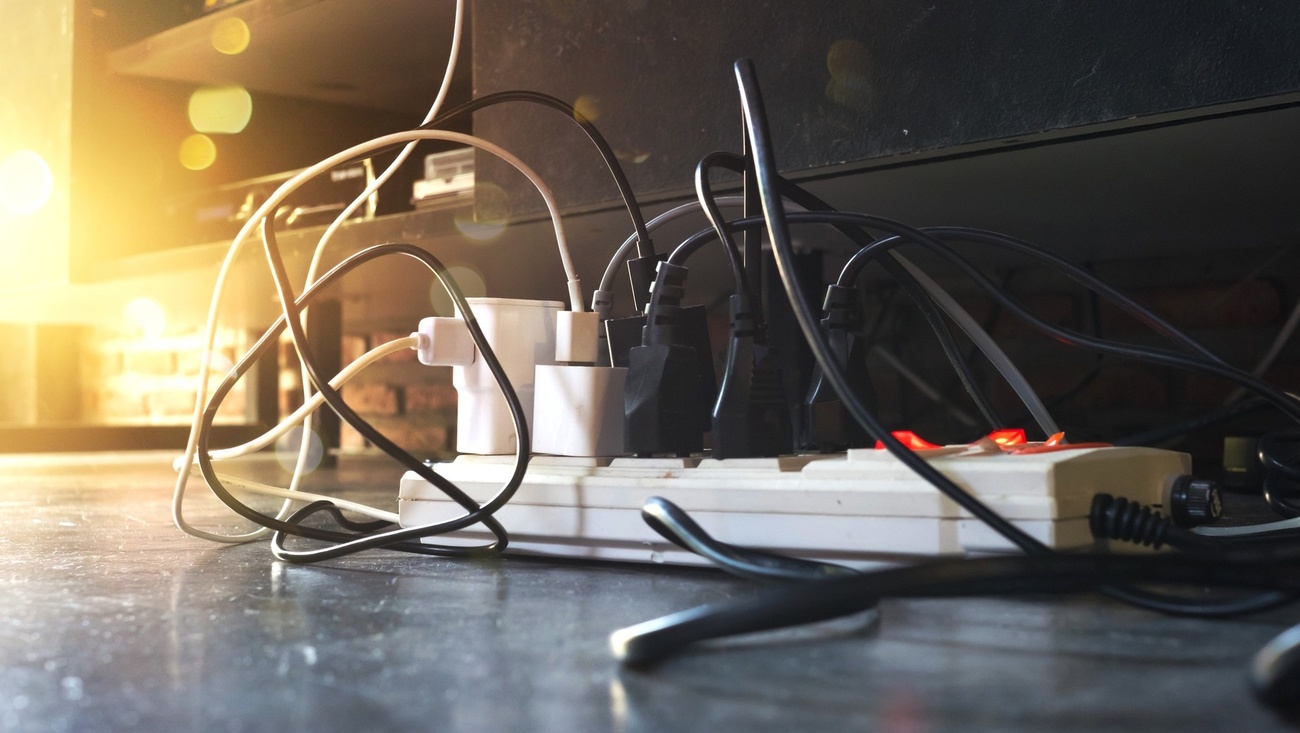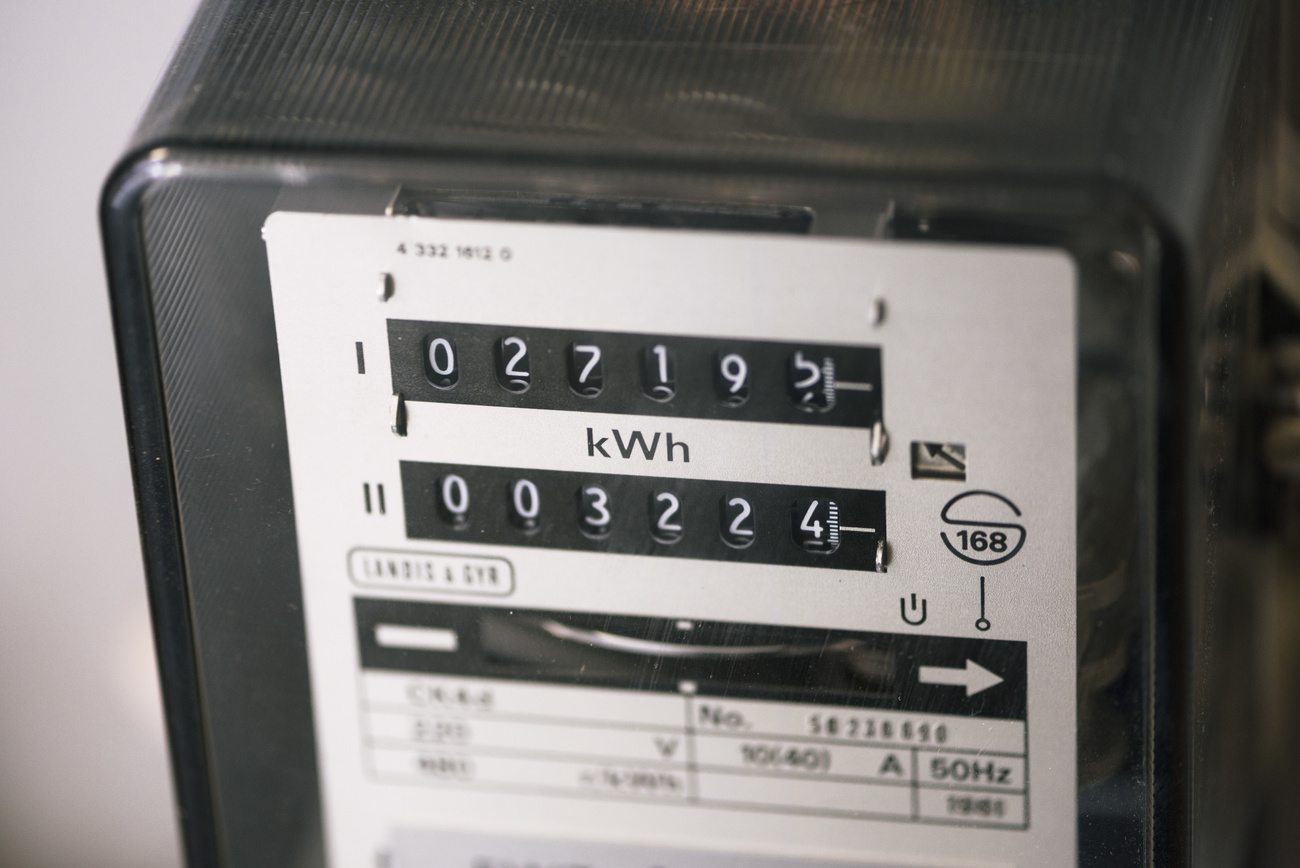
Power rationing possible, warns Swiss electricity company boss

The head of one of Switzerland’s largest electricity suppliers has warned of an impending power crunch this winter, raising the spectre of rationing.
Russia has reduced gas supplies to Europe in retaliation for embargoes imposed for its invasion of Ukraine. And half of France’s nuclear power stations are offline because of erosion and repairs. Switzerland depends on European electricity imports over the winter months.
Speaking to the Blick newspaper on Friday, Christoph Brand, CEO of Axpo, said it was debatable whether Swiss households and industry will have enough electricity to match consumption demands this winter.
“It also depends on meteorological factors. If we have a combination of too little rain, and our reservoirs are not full enough, too little wind in Europe, French nuclear power plants not coming on grid and a continuation of the Russian gas embargo, then it could get tight,” he saidExternal link.
Brand had earlier this week warned of possible electricity rationing in an interview with the Handelszeitung newspaper. “If demand continues to grow and if uncertainty over imports continues to increase, then it’s a question of when, not if, Switzerland will face a power shortage and rationing become necessary,” he said.
The Axpo chief is also not alone in his concerns for long-term energy security given Switzerland’s decision to wind down nuclear power generation and its difficulties in negotiating future electricity supplies from the European Union.
The Swiss government is analysing a range of methods to make up for expected power shortages: sourcing supplies of liquified natural gas, forcing hydro dams to ramp up reserve energy supplies and exploring the possibility of building gas plants.
The authorities have also warned about possible energy rationing in the coming months and have advised companies to find ways to save on power this winter.
Earlier this month, the Federal Electricity Commission warned that household electricity bills could rise by 47% next year.

More
Swiss energy bills contained, but future crunch looms

In compliance with the JTI standards
More: SWI swissinfo.ch certified by the Journalism Trust Initiative






























You can find an overview of ongoing debates with our journalists here . Please join us!
If you want to start a conversation about a topic raised in this article or want to report factual errors, email us at english@swissinfo.ch.